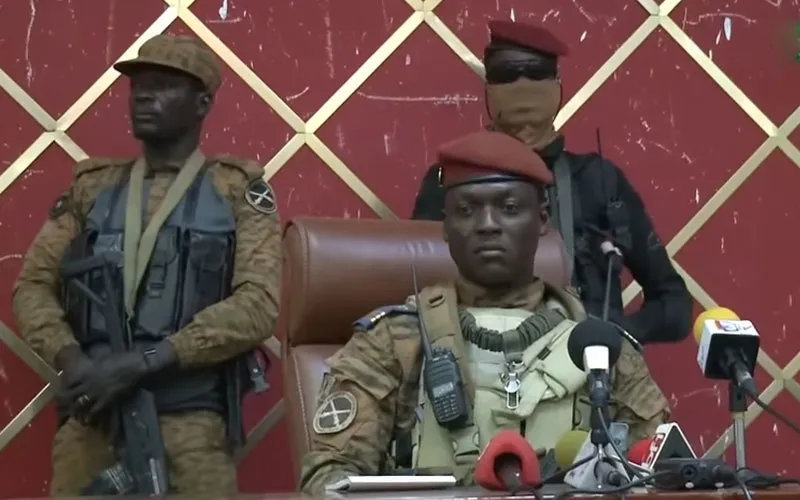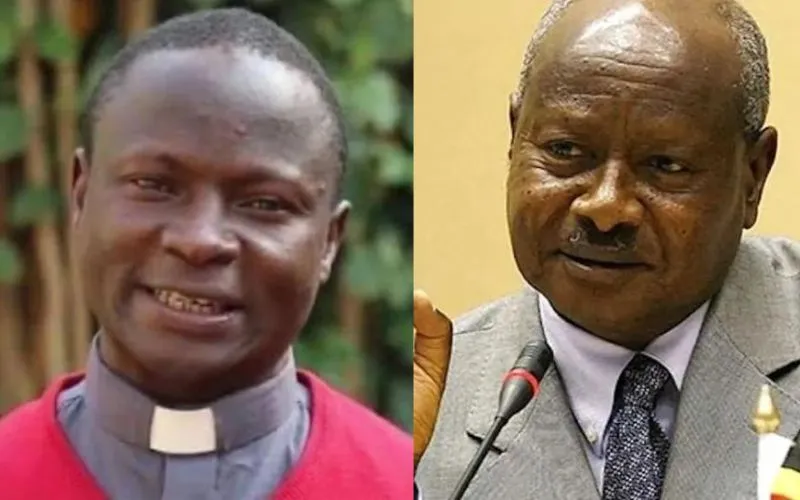Dablo, 04 October, 2022 / 9:59 pm (ACI Africa).
Normalcy is gradually returning to Burkina Faso days after the country’s military leader, Lieutenant Colonel Paul-Henri Sandaogo Damiba, was ousted in a military coup, a Catholic Priest in the West African nation has told ACI Africa.
On September 30, military officers in Burkina Faso announced the ousting of Lt. Col. Damiba who came to power following the first coup d'état in the West African nation this year that started on January 23, and culminated in the deposition of President Roch Marc Christian Kaboré after “a 36-hour uprising”, according to The Washington Post.
On October 2, Burkina Faso's religious and traditional leaders said self-proclaimed leader Captain Ibrahim Traoré had accepted the “conditional resignation” that Lt. Col. Damiba had offered “to avoid further violence” following the September 30 coup, Reuters reported.
In a Tuesday, October 4 interview with ACI Africa, Fr. Etienne Tandamba described the situation in Burkina Faso as “gradually returning” to “calm and serenity”, adding that the new military leaders are working to restore order.
“Calm and serenity is gradually returning to Burkina Faso. People are going about their activities without fear,” Fr. Tandamba, a member of the Clergy of Burkina Faso’s Fada N’Gourma Diocese said.








